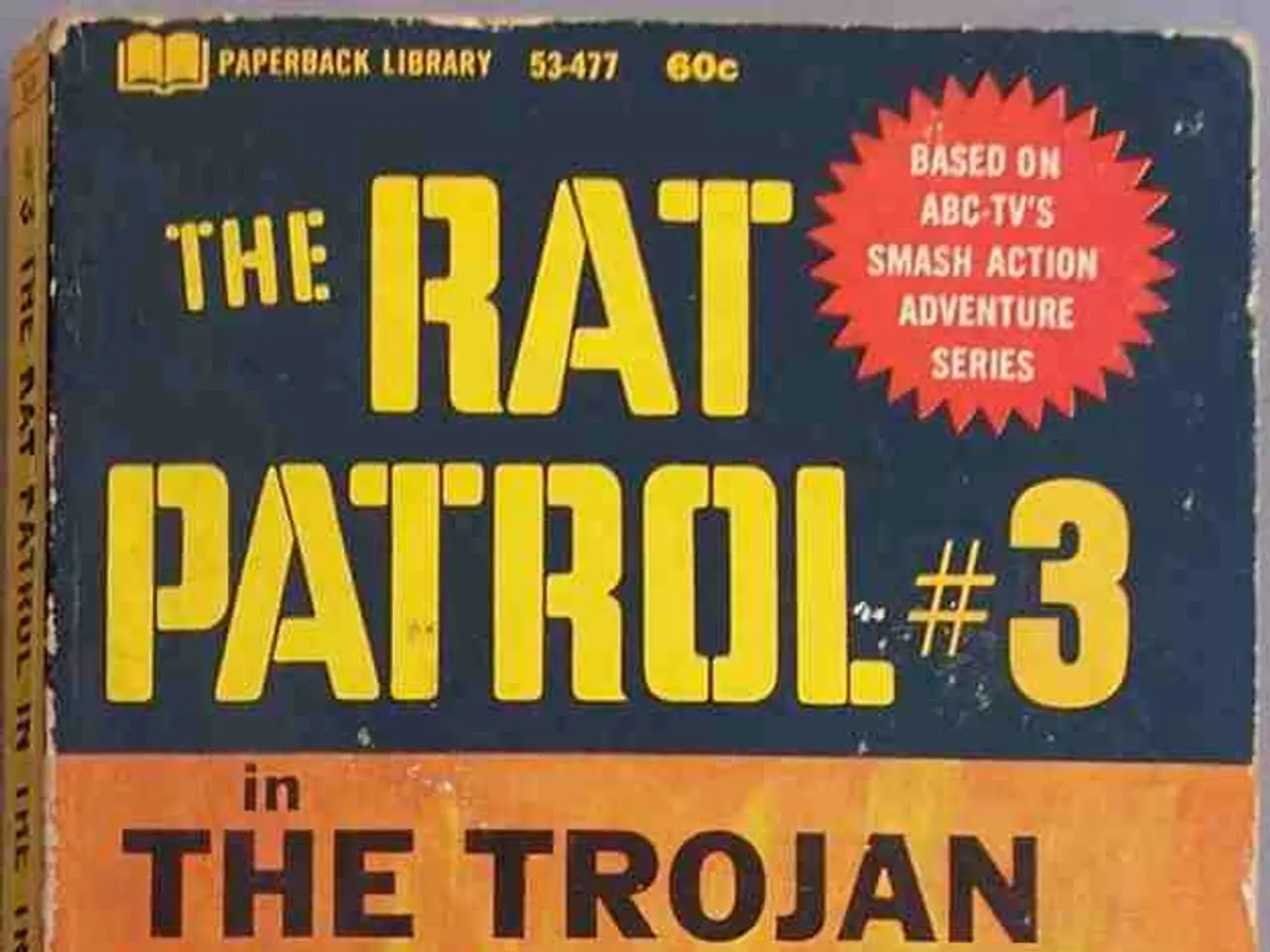Lebanese President denies acceptance of Iran's security chief's influence
In the heart of the Middle East, tensions are running high as Iran continues to back Hezbollah in Lebanon, despite the Lebanese government's recent efforts to disarm the militant group.
Iran's Supreme National Security Council chief, Ali Larijani, has reaffirmed his country's unwavering support for Hezbollah, viewing their weapons as a "red line" integral to its regional security strategy and deterrence against Israel. This stance comes amidst Lebanon's move to reinstate a state monopoly over arms, as ordered by the government.
The Lebanese cabinet, under pressure from the United States, has directed the Lebanese Armed Forces to prepare a plan to disarm all militias, including Hezbollah. This is an unprecedented formal step towards disarmament, reflecting Lebanon’s intent to establish full sovereignty and prevent non-state armed groups from operating independently.
However, the disarmament plan faces significant opposition, both internally and regionally. Iran and Hezbollah view the disarmament drive as a failed American-Israeli scheme to weaken Lebanese resistance. They argue that disarmament could fracture Lebanon’s fragile sectarian balance or even provoke renewed conflict.
The Lebanese government finds itself in a challenging position, caught between international pressure to rein in Hezbollah's arms and the geopolitical realities of Iranian backing and Hezbollah's entrenched position as a military and political force within Lebanon.
During his visit to Beirut, Larijani vowed that his government will continue to provide support to Lebanon. He is also expected to visit the grave of Hezbollah’s late leader Hassan Nasrallah. Larijani's meeting with Lebanese parliament speaker Nabih Berri, who is close to Hezbollah, is also scheduled.
Despite the Lebanese government's bid to disarm Hezbollah, no decision has been announced since Larijani's visit. The Lebanese President, Joseph Aoun, has rejected any interference in the country's internal affairs. It remains to be seen how the Lebanese government will navigate these complex geopolitical dynamics.
Meanwhile, Iran has suffered a series of blows in its long-running rivalry with Israel. Syria's president Bashar al-Assad was ousted, depriving Hezbollah of its main conduit for weapons and supplies from Iran. The situation in the region continues to evolve, and the future of Hezbollah's role in Lebanon remains uncertain.
[1] Al Jazeera, "Lebanon: Army to prepare plan to disarm militias," August 2025. [2] Reuters, "Lebanon orders army to prepare plan to disarm Hezbollah," August 2025. [3] BBC News, "Iran backs Hezbollah against calls to disarm," August 2025. [4] Middle East Eye, "Lebanon's disarmament plan faces major obstacles," August 2025.
Read also:
- Massive 8.8 earthquake hits off the coast of Russia's Kamchatka Peninsula, prompting Japan to issue a tsunami alert.
- Court petitions to reverse established decision on same-sex marriage legalization
- Proposed Standardization of Food Labeling Laws Among Member States by the Commission
- Experimenting with Merz's Germany has stretched into an extended period of time, resembling a numerous three-month duration.








